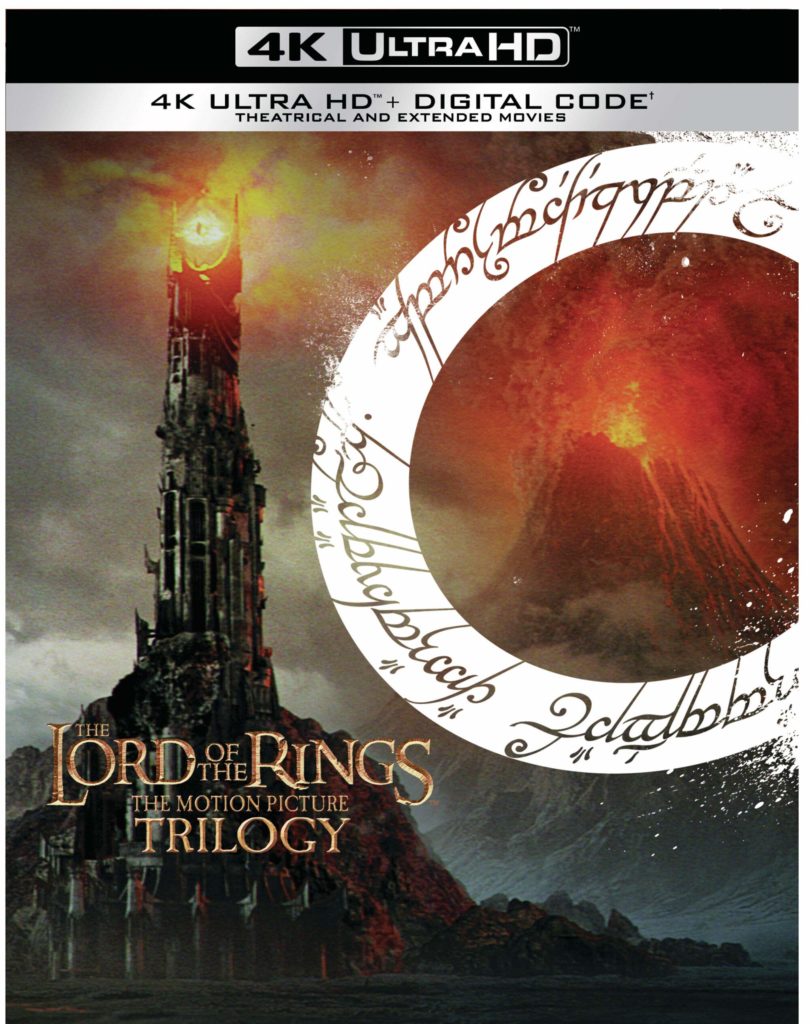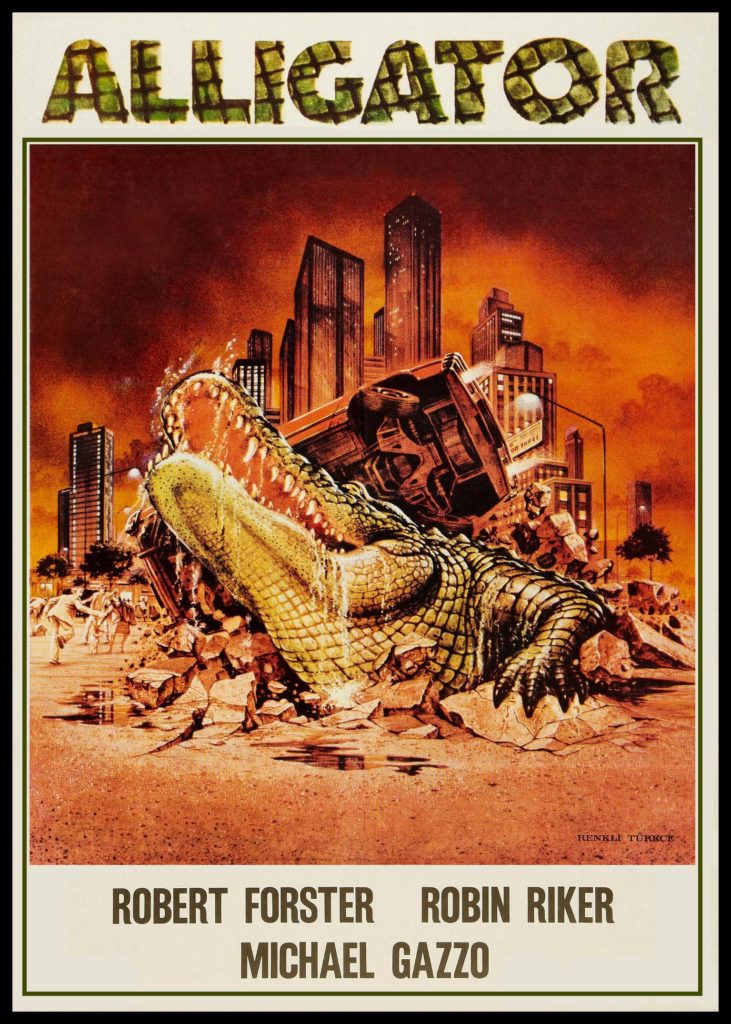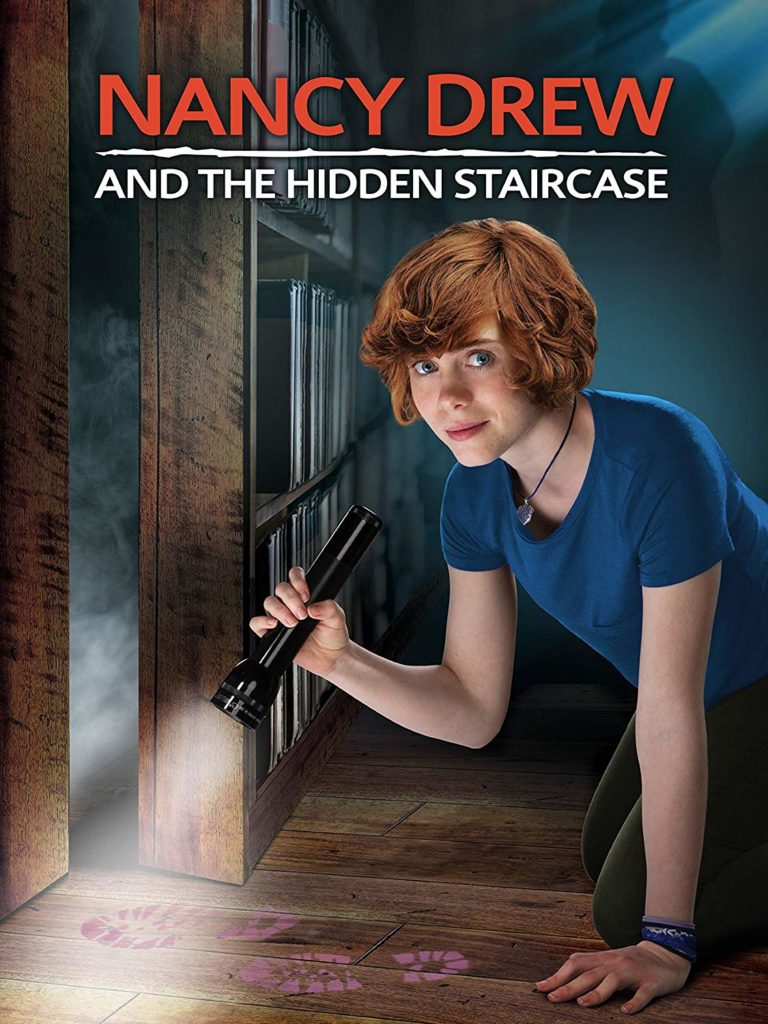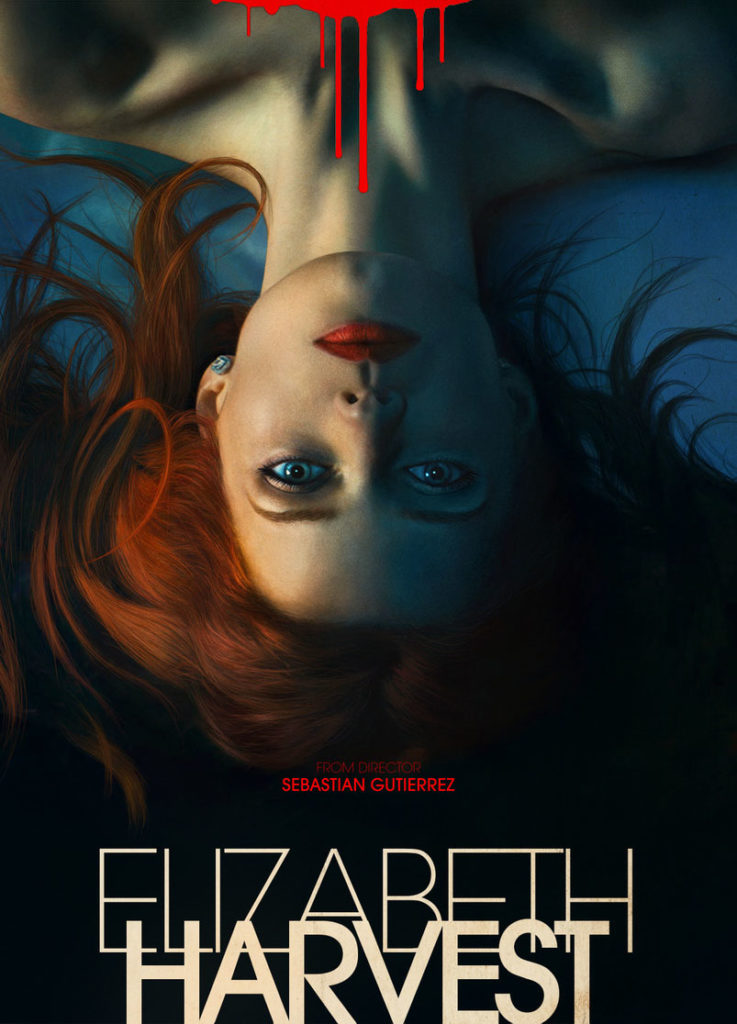So… okay, I interrupt my reports of the previous moment’s heart-rending injustice (which is 87% likely to be something found exclusively in the United States Of America), to talk about a show I like, and to also share an unexpected heart-rending.
I am currently watching “Upstart Crow” on BritBox on Roku, and I am on the “Christmas Lock Down 1603″ episode. Thus far, it has been a humourous coddangle of an episode, to enjoy over an evening’s thrillop and quentish. But what’s this? Will (Mr. Shakespeare, to some) says this…”I haven’t seen my family in months. I missed my father’s funeral. I never even got the chance to say goodbye!”
–record scratch–
Hold on: is Harry Enfield (the actor who plays William Shakespeare’s father) DEAD?
So I paused the episode, typed all of this into futtington Facebook, and then googled “Harry Enfield”…
Mr. Enfield is alive and well (as far as Wikipedia knows). So why would… oooooooh… (google “John Shakespeare” …) ah, John Shakespeare died in September 1601. And this, of course, is “Christmas Lock Down 1603”. Hang on, there: are we to believe that London has been experiencing a plague lockdown for … ah. Never mind.
KATE: After all, while we be locked in our homes, there be no land cleared, no rivers damned, no forests felled. Nature has its moment and all God’s creatures a year without fear that man will destroy its very habitat.
KATE: That has to be a good thing, doesn’t it?
WILL: Yes, Kate, it does. But it brings me no comfort, child. Because even if humanity has by some miracle used this time to take stock of the things that actually matter, and if perhaps nature has been given momentary relief from its brutal servitude to man, it won’t make any difference.
WILL: Because the second this is all over and humanity is free to roam once more, we will be exactly as shallow and facile and selfish and destructive as we ever were. We will have learnt nothing, Kate. Nothing. Because frankly, we never do.
![[x]](/images/sigil_md.jpg) Blackmoor Vituperative
Blackmoor Vituperative



